Harnessing THCA Flower’s Potential in Advanced Skincare Regimens
Δ-9-tetrahydrocannabinolic acid (THCA) from THCA flower is a non-psychoactive compound gaining…….
Introduction
The burgeoning interest in alternative skincare solutions has led to a spotlight on THCA flowers, a natural ingredient gaining recognition for their potential benefits in skincare regimens. This article delves into the multifaceted world of THCA (Tetrahydrocannabinolic Acid) flowers, exploring their composition, historical context, and the burgeoning role they play in global skincare trends. We will navigate through the economic landscape, technological advancements, and regulatory frameworks that shape this industry, while also addressing the challenges and criticisms it faces. Through case studies and expert insights, we aim to provide a comprehensive understanding of THCA flowers’ significance in skin care, their current impact, and future prospects.
Understanding THCA-Flower-for-Skin-Care
THCA flowers are the raw, flowering tops of the hemp plant, which are rich in cannabinoids like THCA (Tetrahydrocannabinolic Acid). Unlike its psychoactive counterpart, THC (Tetrahydrocannabinol), THCA is non-psychoactive and has been studied for its potential therapeutic properties. The flowers contain a complex profile of compounds, including other cannabinoids like CBD (Cannabidiol), terpenes, flavonoids, and fatty acids that work synergistically to support skin health.
The historical context of THCA flowers dates back to ancient remedies, where hemp was used for various ailments due to its medicinal properties. However, it is only recently that the beauty industry has begun to harness the potential benefits of THCA flowers for skincare, recognizing their anti-inflammatory, antioxidant, and soothing properties.
Global Impact and Trends
The global skincare market is witnessing a shift towards natural and holistic ingredients, with THCA flowers gaining traction in various regions. North America and Europe are leading the way in the adoption of cannabis-derived skincare products due to their progressive regulations and consumer awareness. Asia-Pacific is also emerging as a significant market, driven by increasing health consciousness and disposable income levels.
Key trends influencing the trajectory of THCA flower skincare include the rise in clean beauty, personalized skincare, and sustainable practices. The growing demographic of consumers seeking effective, natural ingredients has propelled THCA flowers into the forefront of innovation and product development.
Economic Considerations
The economic impact of THCA flower-based skincare products is multifaceted. On one hand, there’s a burgeoning market with high growth potential, attracting investors and entrepreneurs. On the other, the industry faces challenges such as fluctuating regulations, competition from established skincare brands, and issues related to sourcing and quality control.
Market dynamics are influenced by consumer trends, with an increasing willingness to spend on natural products. Investment patterns reflect this shift, with venture capital and private equity funding driving innovation in the sector. THCA flowers’ role in economic systems is also evident in their potential to revitalize rural economies through the cultivation of hemp.
Technological Advancements
Technology plays a pivotal role in advancing THCA flower-based skincare products. Innovations such as nanotechnology, biotechnology, and advanced extraction techniques are improving the bioavailability and efficacy of cannabinoids. The development of stable, shelf-ready formulations has also been a significant breakthrough, ensuring that the potency and quality of THCA flowers can be preserved throughout the product lifecycle.
Future potential includes the exploration of personalized skincare through genetic profiling and the integration of smart technology for enhanced product experiences. The use of AI (Artificial Intelligence) in formulation development and consumer engagement is another area poised for growth.
Policy and Regulation
The regulatory framework governing THCA flower-based skincare products varies by region, with stringent regulations in some countries and more lenient policies elsewhere. Compliance with these regulations is critical for businesses in this sector, as it affects product availability, market expansion, and consumer trust.
Key legislative elements include the legal status of THCA flowers, labeling requirements, and quality control measures. The evolving policies reflect a balance between scientific validation, public health concerns, and consumer demand for natural ingredients.
Challenges and Criticisms
Despite its potential, the THCA flower skincare industry faces several challenges and criticisms. These include issues related to standardization of product formulations, safety concerns, and the need for more robust clinical trials to substantiate claims. Additionally, the sustainability of hemp cultivation practices is under scrutiny, with calls for more environmentally friendly methods.
To overcome these hurdles, stakeholders can invest in research, adopt sustainable farming practices, and ensure transparency and accuracy in labeling and marketing. Education and consumer advocacy are also vital to address misconceptions and promote informed decision-making.
Case Studies
Several brands have successfully integrated THCA flowers into their skincare lines, showcasing the efficacy and benefits of this natural ingredient. For instance, a brand may use THCA-rich hemp extracts to develop a line of anti-inflammatory products targeted at sensitive skin, supported by customer testimonials and clinical data.
Another case study might involve a company that has successfully navigated regulatory hurdles to enter new markets, or one that has implemented sustainable farming practices to ensure the long-term viability of its THCA flower supply chain. These real-world examples provide valuable insights into best practices and innovative approaches within the industry.
Future Prospects
The future of THCA flower-based skincare products is promising, with ongoing research likely to uncover additional benefits and drive further innovation. The growing body of scientific evidence supporting the use of cannabinoids in skincare may lead to increased acceptance and demand for these products.
Emerging markets and consumer demographics will continue to shape the industry, with a focus on personalized and sustainable offerings. As regulations evolve and consumer awareness increases, THCA flowers are poised to become a mainstay in the global skincare landscape, offering natural, effective solutions for diverse skin concerns.
In conclusion, THCA flower-based skincare products represent a dynamic and evolving sector within the beauty industry. Understanding the multifaceted impact of these products—from economic implications to technological advancements—provides a comprehensive view of their role in the global marketplace. As regulations adapt and research progresses, THCA flowers stand as a testament to nature’s potential in fostering healthy, radiant skin.
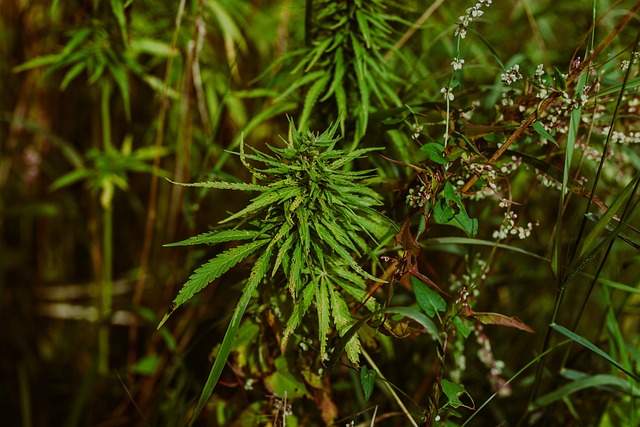
THCA flower, a non-psychoactive cannabinoid from hemp and cannabis plants, is gaining attention in …….
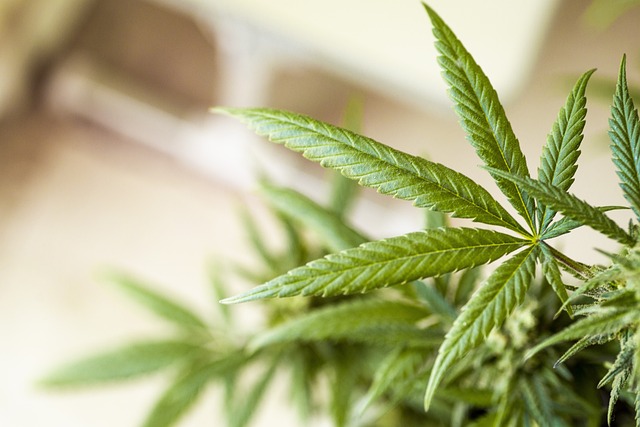
THCA flower, a non-psychoactive component from cannabis and hemp, is gaining traction as an ingredi…….
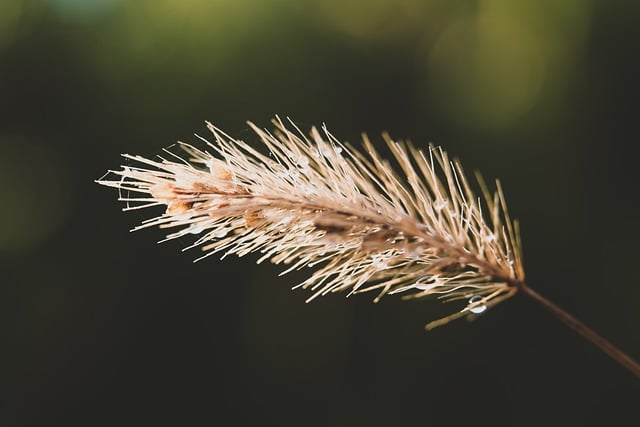
THCA flower, a non-psychoactive cannabinoid from the Cannabis sativa plant, has garnered attention …….

delta-9-tetrahydrocannabinolic acid (THCA) flower has emerged as a promising ingredient in skincare…….
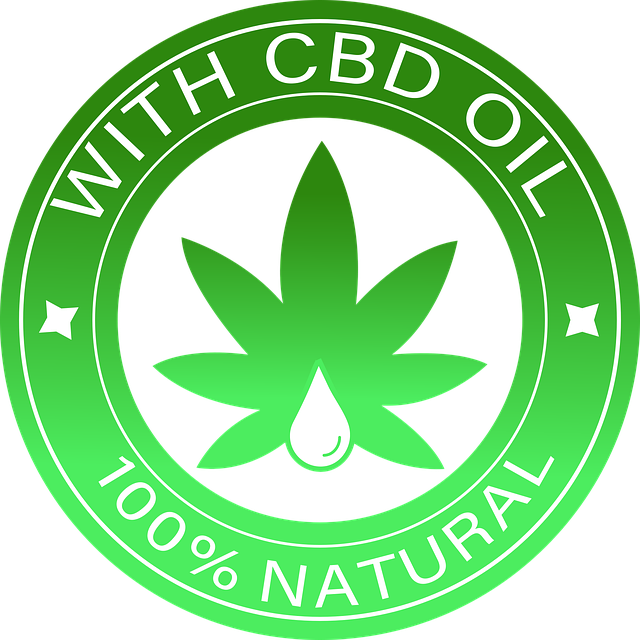
THCA flower, a non-psychoactive cannabinoid from raw cannabis plants, is emerging as a potent ingred…….
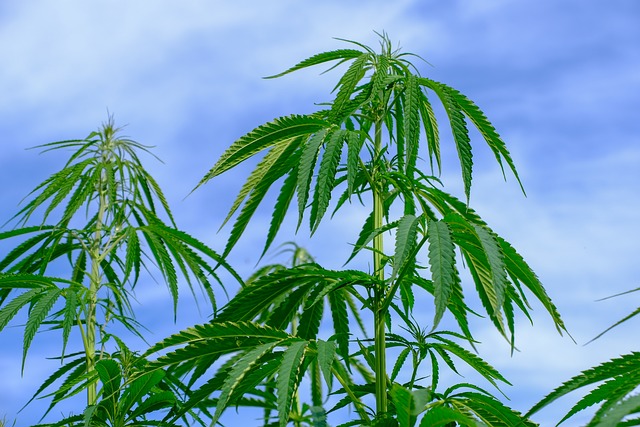
delta-9-tetrahydrocannabinolic acid (THCA), a non-psychoactive cannabinoid found in cannabis plants…….
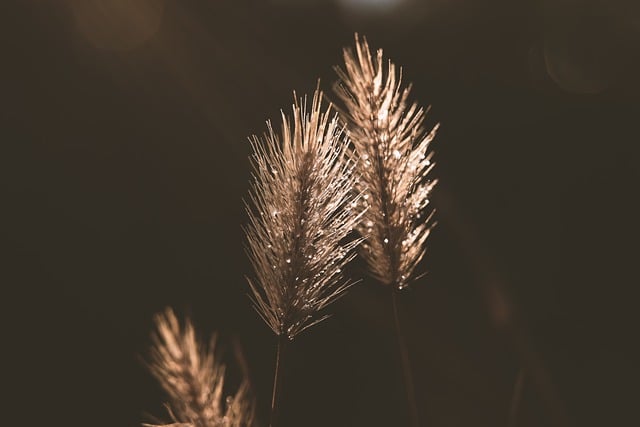
THCA flower, a non-psychoactive compound from hemp, is increasingly being recognized for its potent…….
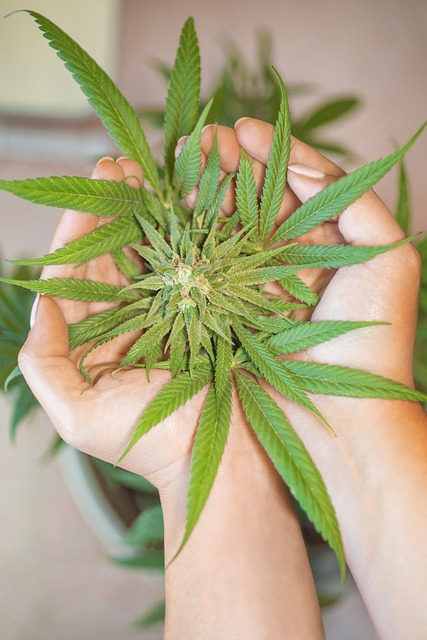
THCA flower, a non-psychoactive cannabinoid from the Cannabis sativa plant, is gaining attention fo…….

THCA flower, a non-psychoactive compound from cannabis plants, has been recognized for its potential…….